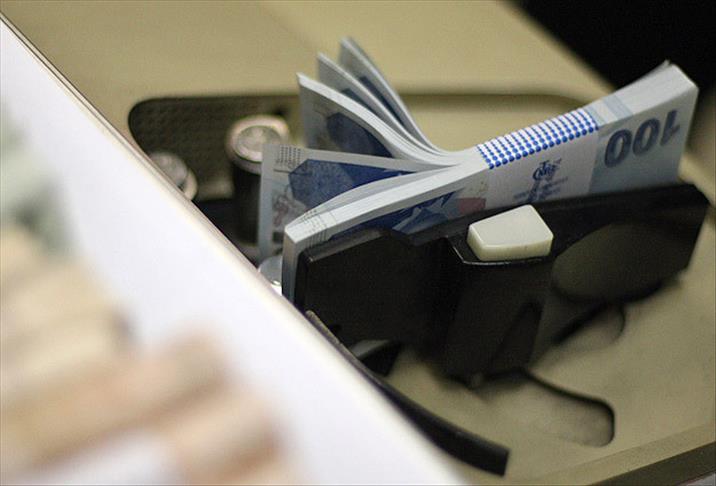
By Bahattin Gonultas and Anil Bagrik
ANKARA
"We are struggling to put bread on the table. We put Turkish and Arabic signs in our workplace. I'm happy that I am able to continue my business here” says 32-year-old Mamun Fakri from Idlib, Syria.
For the past two years, Fakri has been running his business inTurkey's southern city of Mersin nearly 300 kilometres from Syrian border. He is one of the more than 300 Syrians who own their businesses in the Mediterranean port city where the number of Syrian-owned business increased from 33 in 2011.
More than twenty-six percent of the new companies started up in Turkey by foreigners in the first 11 months of this year were set up by Syrians or partnered by Syrians, according to data from the Union of Chambers and Commodity Exchanges of Turkey.
According to the data, of the more than 53,329 new companies or associations started up in Turkey within first eleven months of this year, 4,249 foreign-partnered.
- Some 1,122 -- over 26 percent of total -- of foreign-partnered companies were founded directly by Syrians or as partners with local businessmen.
Out of the total number of foreign-funded companies in November, 118 were funded from Syria, 36 were Iranian-funded, and 23 were financed from Iraq.
Germans followed their Syrian counterparts, investing in 281 newly-established companies in Turkey, while Iraq-based firms ranked third with 248 start-up investments.
Muhammed Shreem, from Aleppo, is only one of thousands of Syrians who have fled their war-torn country.
Shreem has been trying to adapt to busines life in Turkey, which currently hosts around 1.6 million Syrians, according to UN figures.
"We had a family company on import and export in Aleppo. We have opened a new company in Mersin, where our family harbored. We export construction materials and stationery from Turkey to Alleppo, one of the largest city in Syria and Idlib province in northwestern Syria," says 43-year-old Syrian Shreem who has been in business in Mersin for two years now.
However, local business owners complain about unfair competition.
"Syrians who escape from the civil war and took refuge in Turkey should obey the rules of law in the country," Talat Dincer from Mersin Tradesmen's and Artisans' Association said.
"Our goal is not to oppress them. We have some rules in business world here and we want everyone to obey them. We do not want a confrontation. We just do not want to see unfair competition and conflicts here," Dincer said.
"The situation has gotten so worse that local shopkeepers cannot endure it anymore."
Serafettin Asut, the president of Mersin Chamber of Commerce and Industry, said Syrian firms are in every sector from logistics to real estate.
"Mersin’s exports to Syria increased by 331 percent in last year thanks to the contribution by Syrian funded companies, their owners know local factors in Syria."
Turkey has adopted an open-door policy, welcoming Syrians since the beginning of the civil war in March 2011. As the number of Syrians in Turkey reaches 1.6 million, the government considers crucial long-term plans to ease the effects of hosting so many Syrians in the country.
Turkey has spent more than $5 billion for Syrian refugees thus far, according to the country’s Finance Ministry.
The Turkish Ministry of Labor and Social Security has recently confirmed that work permits would be granted to Syrians on Turkish soil.
Anadolu Agency website contains only a portion of the news stories offered to subscribers in the AA News Broadcasting System (HAS), and in summarized form. Please contact us for subscription options.








